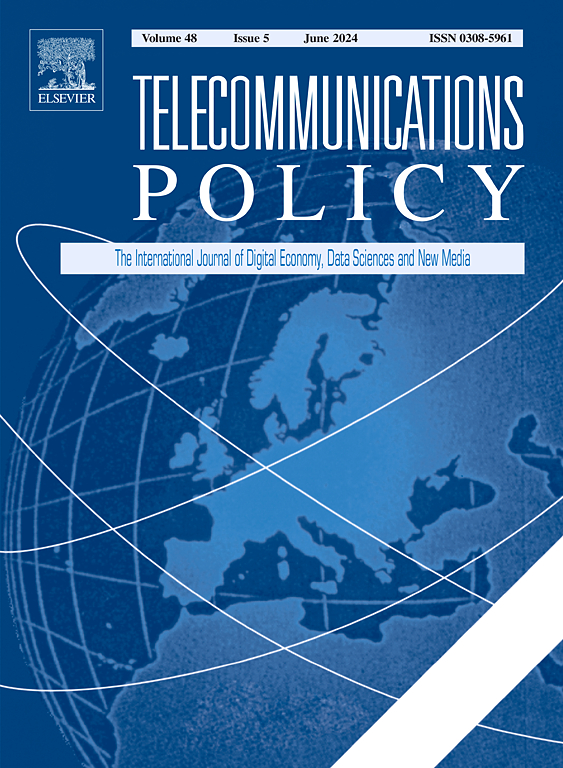数字平台的不道德行为是否会影响用户的信任和使用替代平台的意愿?
IF 6.4
2区 管理学
Q1 COMMUNICATION
引用次数: 0
摘要
本研究阐明了消费者继续使用数字平台的相关因素,尽管与不道德行为相关的信任度下降。通过调查评估平台的不道德行为对消费者信任和使用替代平台意愿的影响。CEO或管理层的不道德行为会对消费者对平台的信任产生负面影响,其中CEO的不当行为产生的负面影响更为明显。转换成本调节了信任对替代平台使用意愿的影响,较高的感知学习成本和关系成本削弱了消费者信任对替代平台使用意愿的负面影响。通过引入转换成本作为消费者信任和替代平台使用意图之间的潜在调节因素,强调了理论意义。此外,还强调了有效管理学习和关系转换成本的重要性。本研究提供了实际意义,并表明管理这些成本失败可能导致消费者由于不道德行为而转向竞争对手。本文章由计算机程序翻译,如有差异,请以英文原文为准。
Do digital platform's unethical behaviors influence users' trust and intention to use alternative platforms?
This study elucidates factors associated with consumers' continued engagement with digital platforms despite declining trust related to unethical behavior. The influence of platforms' unethical behavior on consumers' trust and their intention to use alternative platforms were assessed using a survey. Unethical behavior by CEOs or management was found to negatively affect consumer trust in platforms, with CEO misconduct exerting a more pronounced negative effect. Switching costs moderated trust's influence on alternative platform usage intentions, with higher perceived learning and relationship costs weakening the negative effect of consumer trust on alternative platform usage intentions. Theoretical significance was underscored by introducing switching costs as a potential moderator between consumer trust and alternative platform usage intentions. Furthermore, the significance of effectively managing learning and relationship switching costs was highlighted. This study offers practical implications and indicates that failure to manage these costs may result in consumers switching to competitors due to unethical behavior.
求助全文
通过发布文献求助,成功后即可免费获取论文全文。
去求助
来源期刊

Telecommunications Policy
工程技术-电信学
CiteScore
10.80
自引率
12.50%
发文量
122
审稿时长
38 days
期刊介绍:
Telecommunications Policy is concerned with the impact of digitalization in the economy and society. The journal is multidisciplinary, encompassing conceptual, theoretical and empirical studies, quantitative as well as qualitative. The scope includes policy, regulation, and governance; big data, artificial intelligence and data science; new and traditional sectors encompassing new media and the platform economy; management, entrepreneurship, innovation and use. Contributions may explore these topics at national, regional and international levels, including issues confronting both developed and developing countries. The papers accepted by the journal meet high standards of analytical rigor and policy relevance.
 求助内容:
求助内容: 应助结果提醒方式:
应助结果提醒方式:


